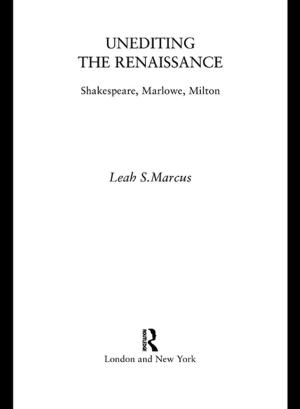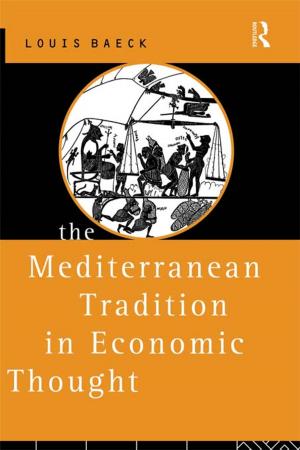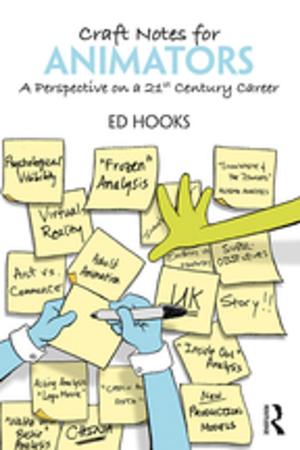Feminism, Psychoanalysis, and Maternal Subjectivity
Nonfiction, Social & Cultural Studies, Social Science, Gender Studies, Feminism & Feminist Theory, Religion & Spirituality, Philosophy| Author: | Alison Stone | ISBN: | 9781136593512 |
| Publisher: | Taylor and Francis | Publication: | March 1, 2013 |
| Imprint: | Routledge | Language: | English |
| Author: | Alison Stone |
| ISBN: | 9781136593512 |
| Publisher: | Taylor and Francis |
| Publication: | March 1, 2013 |
| Imprint: | Routledge |
| Language: | English |
In this book, Alison Stone develops a feminist approach to maternal subjectivity. Stone argues that in the West the self has often been understood in opposition to the maternal body, so that one must separate oneself from the mother and maternal care-givers on whom one depended in childhood to become a self or, in modernity, an autonomous subject. These assumptions make it difficult to be a mother and a subject, an autonomous creator of meaning. Insofar as mothers nonetheless strive to regain their subjectivity when their motherhood seems to have compromised it, theirs cannot be the usual kind of subjectivity premised on separation from the maternal body. Mothers are subjects of a new kind, who generate meanings and acquire agency from their position of re-immersion in the realm of maternal body relations, of bodily intimacy and dependency. Thus Stone interprets maternal subjectivity as a specific form of subjectivity that is continuous with the maternal body. Stone analyzes this form of subjectivity in terms of how the mother typically reproduces with her child her history of bodily relations with her own mother, leading to a distinctive maternal and cyclical form of lived time.
In this book, Alison Stone develops a feminist approach to maternal subjectivity. Stone argues that in the West the self has often been understood in opposition to the maternal body, so that one must separate oneself from the mother and maternal care-givers on whom one depended in childhood to become a self or, in modernity, an autonomous subject. These assumptions make it difficult to be a mother and a subject, an autonomous creator of meaning. Insofar as mothers nonetheless strive to regain their subjectivity when their motherhood seems to have compromised it, theirs cannot be the usual kind of subjectivity premised on separation from the maternal body. Mothers are subjects of a new kind, who generate meanings and acquire agency from their position of re-immersion in the realm of maternal body relations, of bodily intimacy and dependency. Thus Stone interprets maternal subjectivity as a specific form of subjectivity that is continuous with the maternal body. Stone analyzes this form of subjectivity in terms of how the mother typically reproduces with her child her history of bodily relations with her own mother, leading to a distinctive maternal and cyclical form of lived time.















